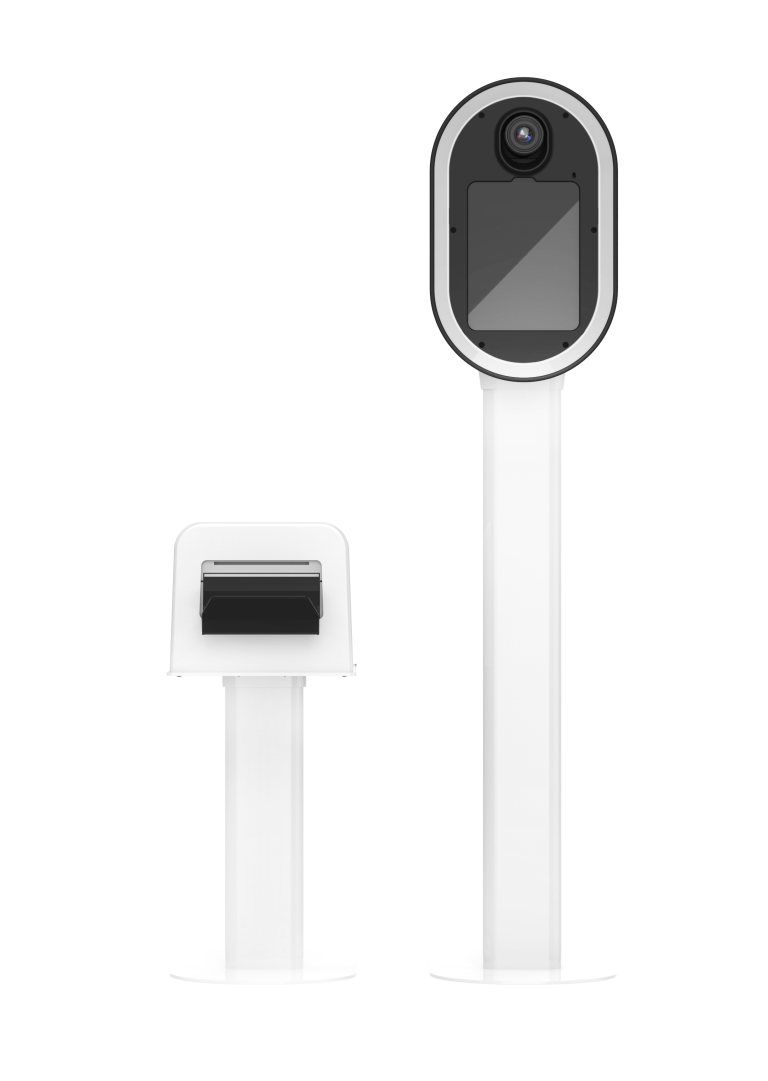Unveiling the Magic of White Labeling: Your Ultimate Guide
Introduction
Hey there, fellow entrepreneurs! In today’s fast-paced business world, using white labeling services strategically can help companies grow quickly. But what exactly is white labeling, and why should you care? In this ultimate guide, we’ll peel back the layers and unveil the magic of white labeling. From its definition to its practical applications, we’ll explore how this strategy can revolutionize your business. Whether you’re a seasoned entrepreneur or just dipping your toes into the market, understanding white labeling is essential for navigating the competitive landscape. So, let’s dive in and unlock the potential of white labeling for your business.
Table Of Contents
- I. What is White Labeling?
- A. Definition and explanation of white labeling
- B. How white labeling works
- C. Examples of white label products and services
- II. Benefits of White Labeling Services
- A. Accelerated Market Entry
- B. Cost-Efficient Solutions
- C. Brand Customization
- III. Challenges in White Labeling
- A. Risk of brand dilution
- B. Over-reliance on white label partners
- C. Increasing competition
- IV. Best Practices for Implementing White Labeling
- A. Clear communication with partners
- B. Prioritizing quality assurance measures
- C. Thoughtful vendor selection
- V. Maximizing ROI from White Label Ventures
- A. Integrating white labeling into a diversification strategy
- B. Establishing a robust customer feedback loop
- C. Effective performance tracking and analysis
- VI. Conclusion
1. What is White Labeling?
Definition and explanation of white labeling:
A white-label product is a product or service produced by one company (the producer) that other companies (the marketers) rebrand to make it appear as if they had made it.
Picture this: You want to expand your business offerings without the headache of starting from scratch. That’s where white labeling swoops in to save the day! It lets you market products or services as your own without the hassle of developing them yourself. Think of it as a shortcut to success – no need to reinvent the wheel when you can ride the coattails of existing solutions tailored to your needs.
How Does White Labeling Work?
In white labeling, the original producer, often referred to as the white label provider, creates a product or service that can be rebranded by other companies. These companies, known as resellers or private labelers, purchase the product or service from the provider and market it under their own brand name. The white label provider remains anonymous to end consumers, who perceive the product or service as originating from the reseller’s brand. This arrangement allows resellers to leverage existing solutions without investing in research, development, or production, facilitating faster time-to-market and cost savings.
Examples of white label products and services
An example of white label products and services is seen in the software industry, where companies offer white label solutions for various applications. For instance, a software development firm may create a customer relationship management (CRM) platform and offer it as a white label solution to other businesses. These businesses can then rebrand the CRM platform with their own logo and branding, marketing it as their proprietary CRM software to their clients. This allows the businesses to provide value-added services without the need for extensive development, enabling them to focus on their core business operations while offering a comprehensive solution to their customers.
2. Benefits of White Labeling Services
- Accelerated Market Entry:
- White labeling facilitates rapid expansion into new markets, enabling businesses to swiftly introduce new products or services without the time-consuming process of in-house development. This agility in market entry empowers companies to capitalize on emerging opportunities and gain a competitive edge.
- Cost-Efficient Solutions:
- White labeling significantly reduces upfront costs associated with product development, sparing businesses from hefty investments in research, design, and manufacturing. By leveraging existing solutions from trusted partners, companies can allocate resources more strategically and optimize their financial performance.
- Brand Customization:
- White labeling offers businesses the opportunity to tailor products or services to align seamlessly with their brand identity. This customization capability allows companies to maintain brand consistency while expanding their offerings, enhancing brand recognition, and fostering customer loyalty.
3. Navigating Challenges in White Labeling
Navigating Challenges: White labeling, despite its benefits, presents several challenges that businesses must address to ensure successful implementation. One significant challenge involves the risk of brand dilution when integrating white label products or services into a company’s offerings. To mitigate this risk, businesses must uphold their brand identity and differentiation, even when leveraging white label solutions.
Furthermore, amidst the growing popularity of white labeling services, firms must contend with increasing competition utilizing similar strategies. To address this concern, businesses should differentiate themselves by offering value-added services or promoting unique selling propositions alongside their white label offerings. By doing so, they can stand out in the market and maximize the benefits derived from white label partnerships.
4. Best Practices for Implementing White Labeling
Effective Communication:
Establishing transparent communication channels with white label partners is paramount for successful collaboration. By maintaining regular updates and fostering open dialogue, both parties can align on branding strategies, quality standards, and project timelines. This ensures mutual understanding and facilitates the achievement of shared goals.
Quality Assurance:
Prioritizing quality assurance measures is essential to uphold brand integrity and deliver superior solutions to customers. If you haven’t tried the product or service, sift through reviews online. Or even better, use the product or service yourself to get the best experience. This ensures that products meet stringent quality standards and align with customer expectations, enhancing overall satisfaction and trust in the brand.
Strategic Vendor Selection:
When selecting white label partners, thorough vetting is crucial to ensure alignment with brand values and business objectives. Assess potential partners based on their reputation, expertise, and track record of reliability. By choosing partners with a proven commitment to excellence, businesses can forge strong collaborations that drive mutual success and long-term growth.
5. Maximizing Returns with White Label Ventures
Expand Your Reach:
Using white labeling as part of a diversification strategy means businesses can offer more products and reach new customers faster without spending lots of money developing everything from scratch.
Listen to Your Customers:
Getting feedback from customers is super important for making white label products better. By listening to what customers like and don’t like, companies can keep improving their products to make sure people are happy with them.
Track Your Progress:
Keeping an eye on how well white label products are doing is key. By regularly checking how things are going and looking at important numbers, businesses can see what’s working and what needs to change to be more successful.
6. White Labeling: Conclusion
So, to sum it up, we’ve learned a lot about white labeling in this guide. We talked about how it helps businesses offer more products without spending too much money, how feedback from customers helps improve those products, and why keeping track of how well things are going is important.
White labeling is pretty amazing because it lets businesses grow and change in cool ways. It helps them try new things and reach more customers without having to start everything from scratch. It’s like a secret weapon for businesses that want to keep up with the competition.
If you’re a business owner or thinking about starting one, definitely think about giving white labeling a try. It’s a great way to expand your business and try out new ideas without taking too much risk. So, don’t be afraid to explore white labeling opportunities and see where they can take your business! Feel free to take a look at our White Label Photo Booth opportunity !








